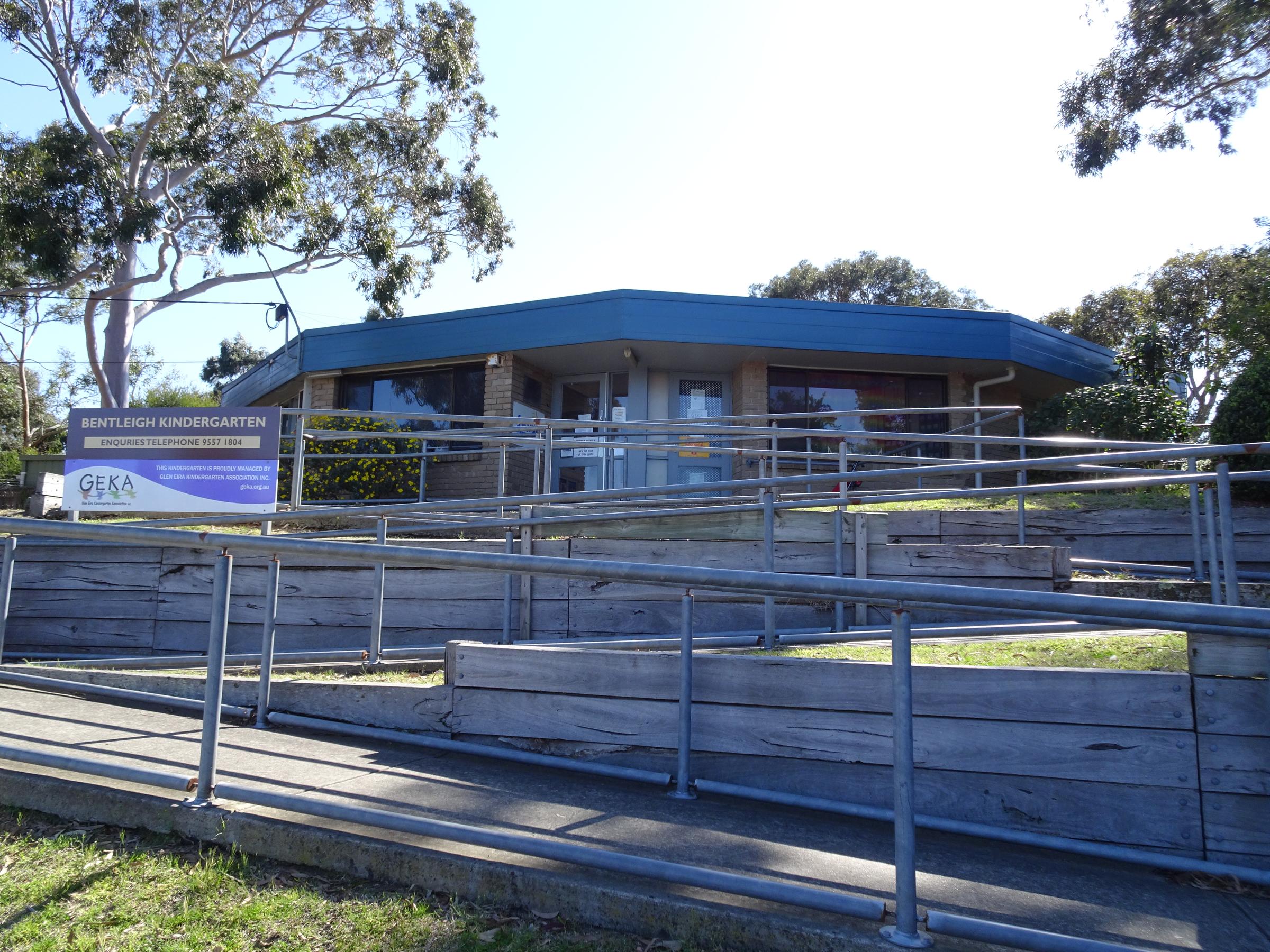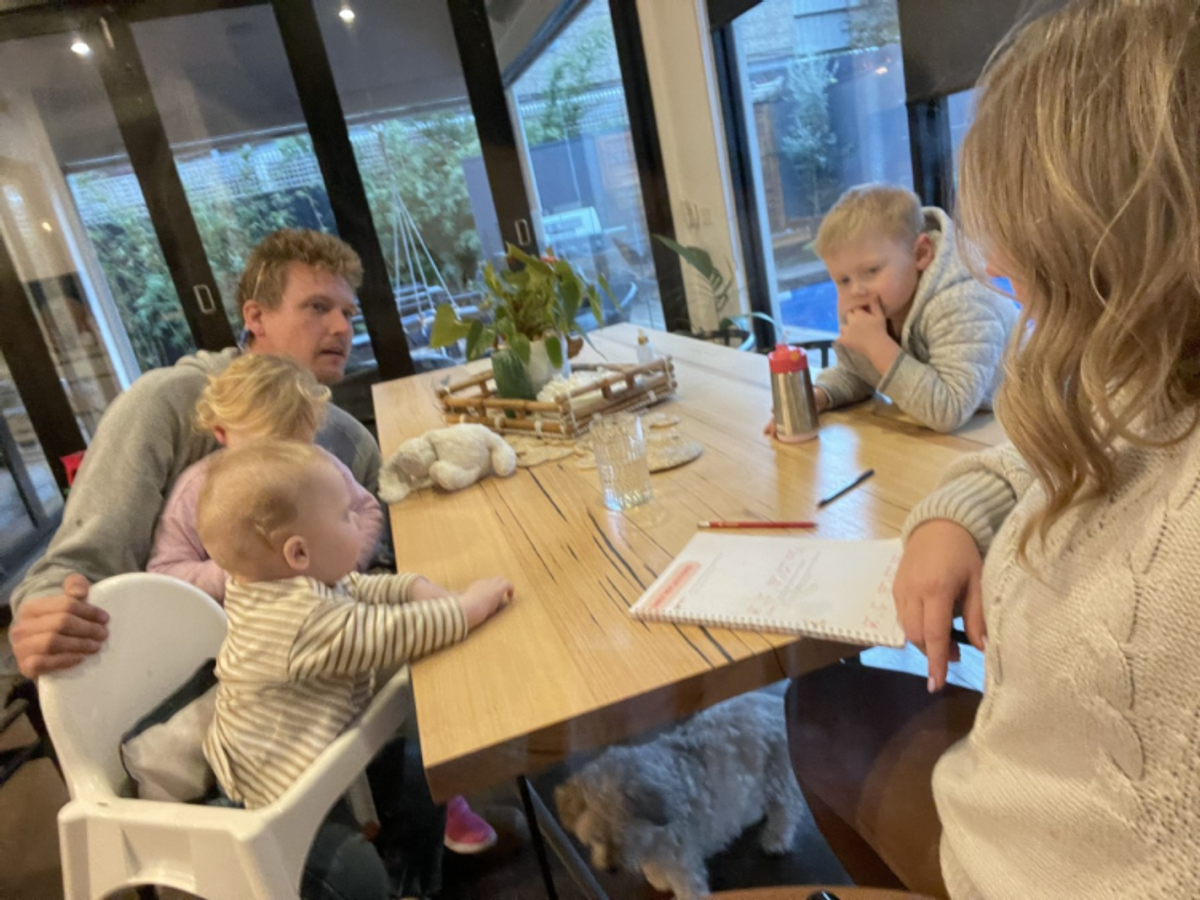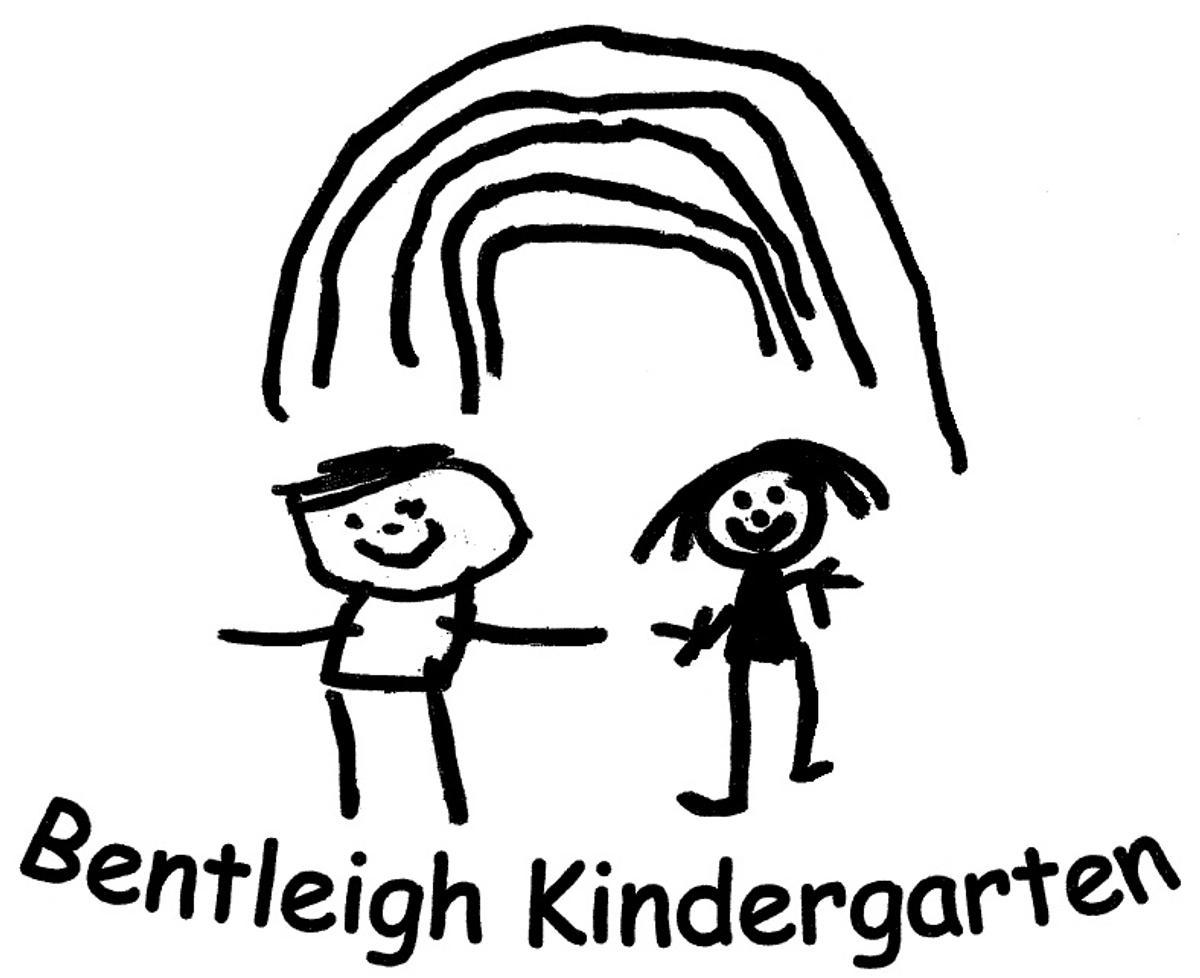GEKA Bentleigh

Learnings from The Resilience Project
Kerry - Blue Group
As the newest team member at GEKA Bentleigh Kindergarten, I believe The Resilience Project is a good initiative for teaching children to feel safe and learn values of Gratitude, Empathy and Mindfulness (GEM) in their environment.
Through The Resilience Project, children are invited to explore aspects of mindfulness by participating in meditation experiences ((that provide a new challenge through group learning projects)). These initiatives support children to develop resilience, self-awareness, gratitude and empathy by contributing ideas as well as listening to others. This opens a new pathway of learning so each child can be confident in sharing accomplishments and reflect on what they enjoyed and learnt most from these experiences. Here are examples of children’s thoughts shared below:
Sam C: “When we do relaxation, it makes me feel calm. I also like playing footy”.
Milena: “Mindfulness helps me to concentrate and I feel relaxed”.
Alfie: “When we did bubble blowing with breathing, it helped me concentrate and feel happy”.
Maggie: “Mindfulness is music. It’s relaxing”.
Janet - Blue Group
It is vital that gratitude, empathy, mindfulness and emotional literacy be embedded in our curriculum and every practice as it creates a safe space for staff and children to practice positive behaviours and skills, which have an important impact in the developing of resilience.
Developing behaviours such as kindness and connection, to fellow staff and children help to shape our learning and working environment into a positive, thoughtful setting where everyone and everything is valued.
Practicing empathy with the children and teaching them to practice empathy with each other allows them to approach new situations with confidence and manage the apprehension of change and new challenges. Developing emotional literacy and mindfulness at this early age will also help to nurture emotional communication, build social skills and create a welcoming environment for all staff and children to come to each day.
Kym - Red & Blue Group
Completing the weekly tasks of the GEM challenges allows for expanding ideas, opening conversations, creating visual awareness and implementing positivity into our program. These areas are already part of our kinder, though more practice and awareness can be seen and acted upon daily. Whether it is a discussion on feelings, a calm area to reflect or acting upon a caring moment with others in a positive way.
Amelie - Red Group
I first heard of the resilience project 3 to 4 years ago. I liked the idea and incorporated the principles of Gratitude, Emotional Literacy and Mindfulness in my family routine. Explaining and incorporating gratitude and mindfulness in the kinder schedule has had its challenges. We encounter resistance from some children, especially for mindfulness, but through positive guidance, role-modelling and practice, children reach mastery, and I was delighted to hear:
Leo: "I like painting the colour of the rainbow (rainbow breathing exercise). I like shining the colours onto people. It makes me feel calm."
Zoe: "I like doing the meditation; it makes me feel happy."
After eight weeks of focus on the principle of GEM, children demonstrate a higher awareness of feelings, a greater ability to self-regulate big emotions and, through gratitude, practice an enhanced focus on what they have and can do instead of what they do not have.
Karen C - Red Group
Activities suggested in the project encouraged children to tap into what they were feeling physically and emotionally. As a result I’ve noticed some children becoming more self-aware when it comes to expressing their needs and expectations ((for themselves and others)).
For me it was a chance to slow down and spend more time with children, either in small groups or one to one. I was practicing mindfulness – giving my complete attention to children’s responses to the activities. And in doing so, I was developing a deeper connectedness with the children.
Jenny - Red, Blue and Yellow Group
I believe over the weeks, The Resilience Project has had a positive impact on the children in our kindergarten. An example I noticed was with mindful eating. At lunch time the children appeared happy and excited when seeing the flower decorations on the tables while enjoying having lunch with friends.
Family comments:
Parent in Red & Blue Group (Lisa)
We are loving the book about resilience. The kids just love it, especially Gus. We have noticed that the kids play so well after we have practiced our GEM. We find doing the book most effective TOGETHER at dinner time.
Crappy days are hard to deal with, so we have a chat about what struggles we may of gone through in the day and how we are feeling then problem-solve together.
The book teaches us that practicing GEM helps the quality of our family and life. We practice doing it over dinner time or on the couch. We get everyone involved as much as possible. By planning our week on a Monday we are then able to find out what the kids are interested in doing over the week. We give all the kids a go in drawing in the book after.
We are generally happier as a family after we have practiced our GEM together.
Kaye -Yellow Group
In Three year old kinder we have a huge focus on emotional regulation and literacy, conflict resolution and social connections with others. These are areas we continually work on, both incidentally and explicitly, as they are part of everyday life and are key to calm and happy environments. As part of this we introduced some experiences from The Resilience Project to support our learning.
Each week we focus on particular emotions. We name an emotion and then have a discussion about what that emotion means and what it might look like (the children help to draw that emotion and pick a colour that might fit). So far, we have looked at three emotions in depth. The children gave examples of how they felt for each emotion:
I feel happy when…
“my mummy tickles me and gives me cuddles”
“when mummy gives me drinks, and daddy”
“when mummy gives me kisses”
“when my brother is my best friend”
“when mummy tickles me”
‘when mummy cuddles me”
I feel sad when…
“someone takes something off me”
“someone hurts me”
“people snatch a toy off me”
“someone pushes me”
“my brother takes a toy off me”
I feel scared when…
“I hear the Elsa storm”
“when there is a storm around”
“when I jump high on the trampoline”
Importantly, the learning doesn’t stop there. We extend the discussion by working out how that emotion can be expressed. For example, children can go to a trusted adult when they feel scared or sad who can help them feel safe, or they might have a comfort toy they can cuddle. In conflict resolution, which might make them angry, we teach steps they can take to help resolve conflict.
We asked the children if they like learning about feelings and about how to express these emotions and there was a collective agreement from the group. They excitedly shared what they have learnt already.
In terms of making strong connections with others in the kindergarten and the wider community, one of the things we have is the 'kindness tree' where we acknowledge acts of kindness by writing them on a leaf and hanging it on the tree. We also acknowledge these acts in group time by making special mention of the things we have seen. This demonstrates to the children that these acts matter and are important, it shows we value the children and the things they are learning and doing, and that they can make a difference.
We look forward to continuing to incorporate ideas from The Resilience Project.
photo of the kindness tree?? michelle to email and ask



